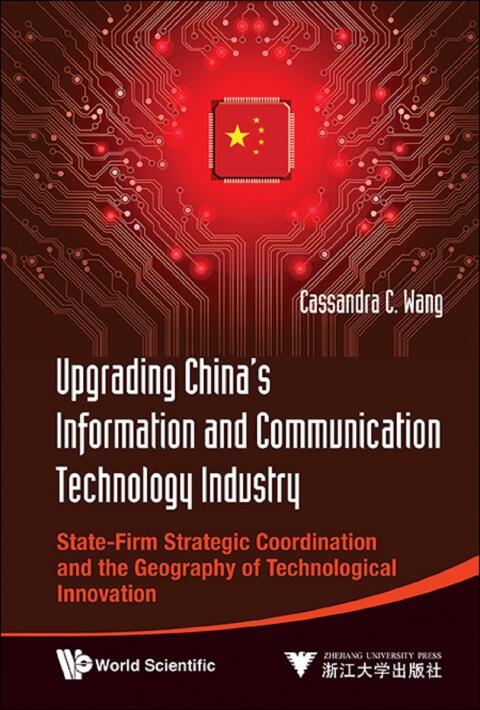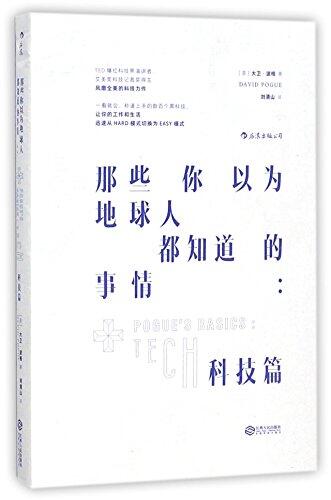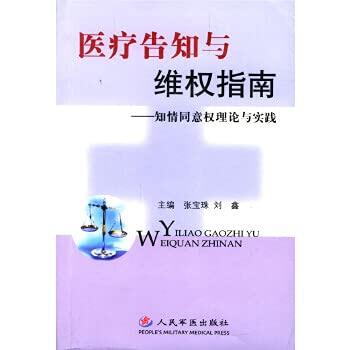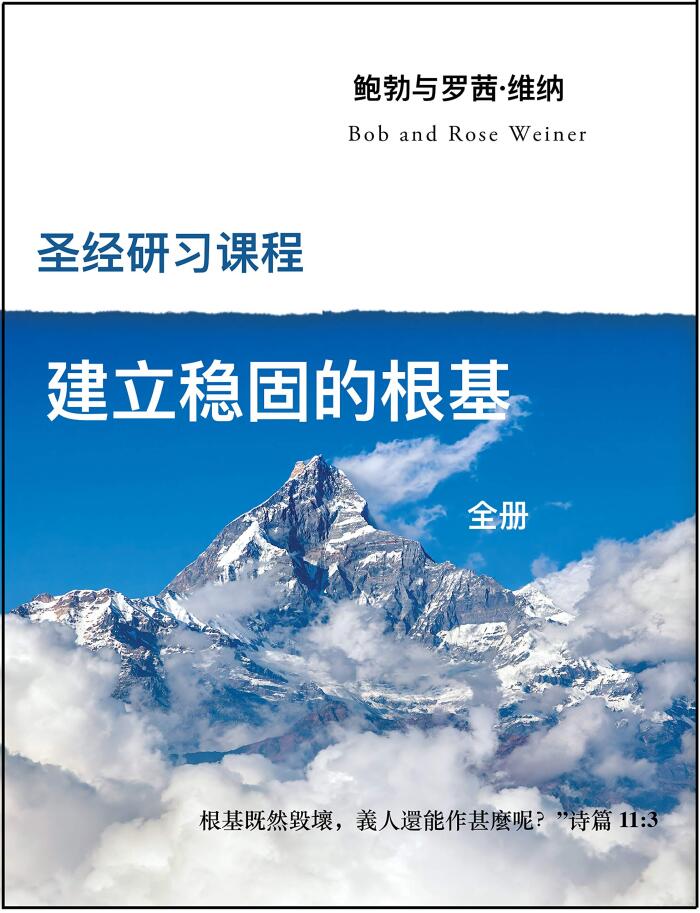
Upgrading China's Information And Communication Technology Industry: State-firm Strategic Coordination And The Geography Of Technological Innovation
작성자
Cassandra C Wang
아직 평점이 없습니다
Romance
Mystery
Science & Technology
+1
more
형식
킨들
페이지
304
언어
중국어
출판됨
Jan 1, 2012
출판사
World Scientific / Zhejiang University Press, China
판
Illustrated
ISBN-10
9814407704
ISBN-13
9789814407700
설명
Cassandra C. Wang presents a thought-provoking analysis of the dynamics shaping China's information and communication technology sector. Through a detailed exploration of state-firm strategic coordination, the narrative delves into the intricate relationships that foster innovation within this rapidly evolving industry. The author skillfully dissects the traditional view of geographical cluster-based innovation, revealing a more nuanced understanding of how technological advancements occur in diverse environments.
Drawing on a wealth of case studies and empirical data, Wang highlights the pivotal role that policy and government initiatives play in influencing technological development. By examining the interactions between state-led directives and corporate strategies, she uncovers the complexities behind China's ascendance as a global tech powerhouse. The work interrogates the effectiveness of regional innovation ecosystems, challenging readers to reconsider the interplay of politics, economics, and technology.
Ultimately, Wang's research provides valuable insights for scholars, policymakers, and industry leaders alike, offering a fresh perspective on the factors that drive innovation in one of the world's most dynamic economies. Her findings underscore the significance of strategic collaboration between the state and firms, suggesting that fostering innovation is not merely about physical proximity but also about aligning interests and resources effectively.
Drawing on a wealth of case studies and empirical data, Wang highlights the pivotal role that policy and government initiatives play in influencing technological development. By examining the interactions between state-led directives and corporate strategies, she uncovers the complexities behind China's ascendance as a global tech powerhouse. The work interrogates the effectiveness of regional innovation ecosystems, challenging readers to reconsider the interplay of politics, economics, and technology.
Ultimately, Wang's research provides valuable insights for scholars, policymakers, and industry leaders alike, offering a fresh perspective on the factors that drive innovation in one of the world's most dynamic economies. Her findings underscore the significance of strategic collaboration between the state and firms, suggesting that fostering innovation is not merely about physical proximity but also about aligning interests and resources effectively.




![Genuine] Legend of Darkmoon Nocturne - After the most affectionate love vampires werewolves Juelian ! Eponymous film by a Hollywood](https://images.bookpine.com/7a6d8f4a-5713-46d2-8af7-81217fb9f6c3.jpg)














